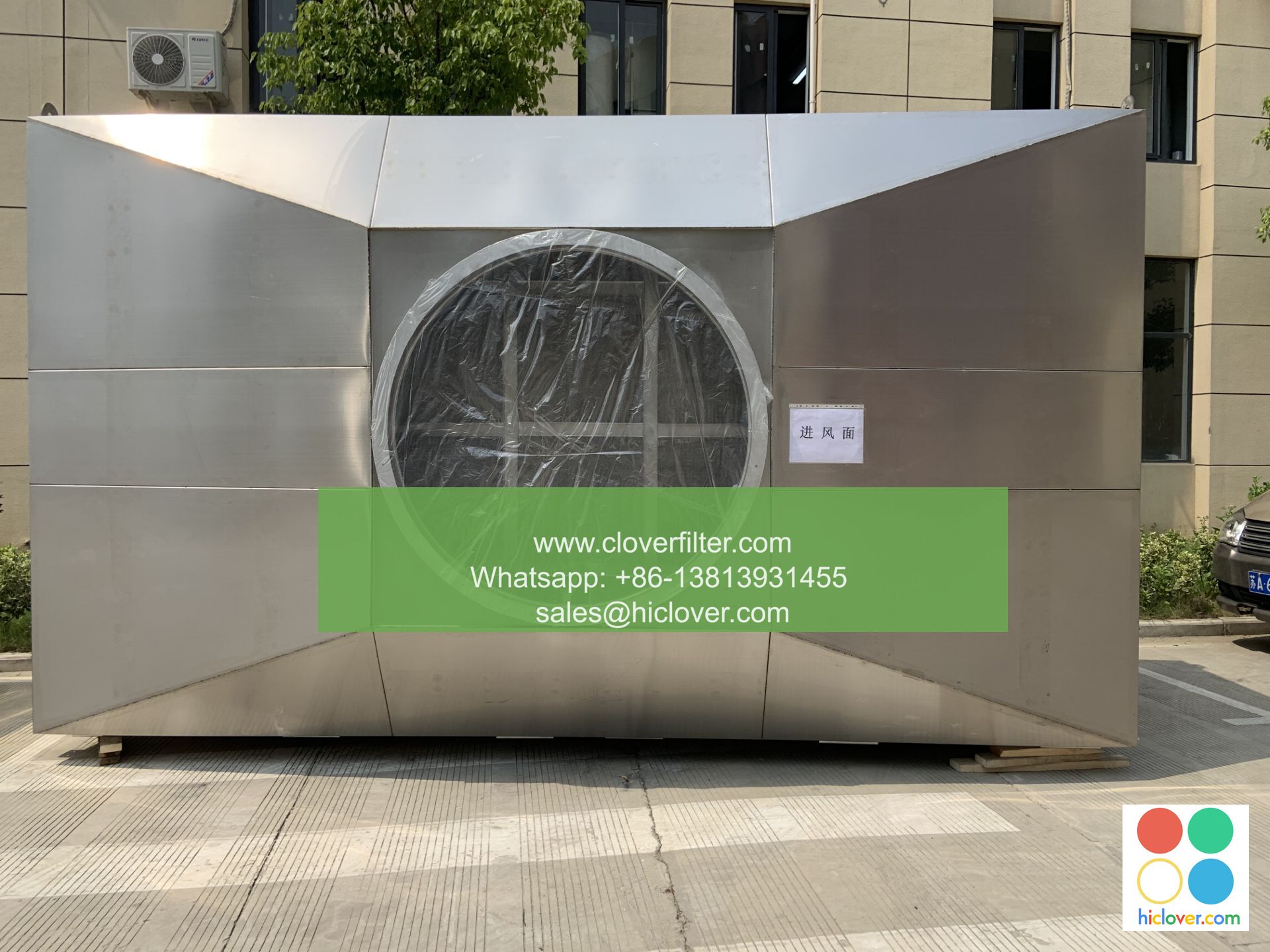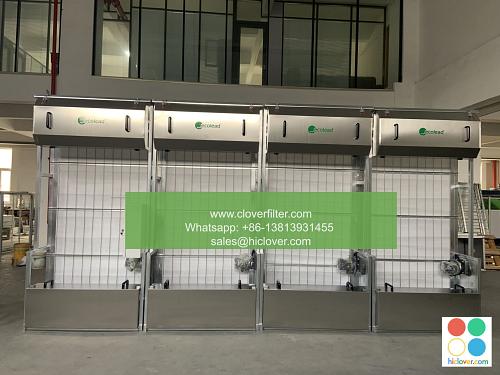The Importance of Air Filter Testing for Pharmaceutical Manufacturing

The pharmaceutical industry is a highly regulated and precise field, where the quality of the air in manufacturing facilities can have a significant impact on the production of medicinal products. Air filter testing is a crucial aspect of ensuring the air quality in these facilities meets the required standards. In this article, we will highlight the importance of air filter testing for pharmaceutical manufacturing and its application areas, including cleanroom technology, high-efficiency particulate air (HEPA) filters, and pharmaceutical quality control.
Introduction to Air Filter Testing
Air filter testing is the process of evaluating the performance of air filters used in pharmaceutical manufacturing facilities. The testing process involves measuring the filter’s ability to remove airborne contaminants, such as particles, bacteria, and viruses, from the air. This is critical in pharmaceutical manufacturing, where the presence of these contaminants can compromise the quality and safety of the products being produced.
Application Areas of Air Filter Testing
Air filter testing has several application areas in pharmaceutical manufacturing, including:
* Cleanroom technology: Cleanrooms are controlled environments that are designed to minimize the presence of airborne contaminants. Air filter testing is essential in cleanrooms to ensure that the air meets the required standards of cleanliness.
* High-efficiency particulate air (HEPA) filters: HEPA filters are widely used in pharmaceutical manufacturing facilities to remove airborne particles and contaminants. Air filter testing is necessary to ensure that these filters are functioning correctly and meeting the required standards.
* Pharmaceutical quality control: Air filter testing is an essential part of pharmaceutical quality control, as it helps to ensure that the air quality in manufacturing facilities meets the required standards.
Benefits of Air Filter Testing
The benefits of air filter testing in pharmaceutical manufacturing are numerous, including:
* Improved product quality: By ensuring that the air in manufacturing facilities is clean and free from contaminants, air filter testing helps to improve the quality of pharmaceutical products.
* Increased regulatory compliance: Air filter testing helps pharmaceutical manufacturers to comply with regulatory requirements, such as those set by the U.S. Food and Drug Administration (FDA) and the European Medicines Agency (EMA).
* Reduced risk of contamination: Air filter testing helps to reduce the risk of contamination in pharmaceutical manufacturing facilities, which can have serious consequences for product quality and patient safety.
Methods of Air Filter Testing
There are several methods of air filter testing, including:
* Porous membrane testing: This method involves testing the filter’s ability to remove particles and contaminants from the air.
* Scanning electron microscopy (SEM): This method involves using a scanning electron microscope to examine the filter’s surface and evaluate its performance.
* Aerosol testing: This method involves testing the filter’s ability to remove aerosol particles from the air.
Conclusion
In conclusion, air filter testing is a critical aspect of pharmaceutical manufacturing, as it helps to ensure that the air quality in manufacturing facilities meets the required standards. By highlighting the importance of air filter testing and its application areas, including cleanroom technology, HEPA filters, and pharmaceutical quality control, we can see that this process is essential for ensuring the quality and safety of pharmaceutical products. As the pharmaceutical industry continues to evolve, the importance of air filter testing will only continue to grow, and it is essential that manufacturers prioritize this process to ensure the highest quality products for patients. It seems like you’re ready to start a conversation or explore a topic, but you haven’t specified what that is yet. Could you provide more details or clarify what you’d like to talk about? Whether it’s a question, a topic of interest, or something else, I’m here to help!

